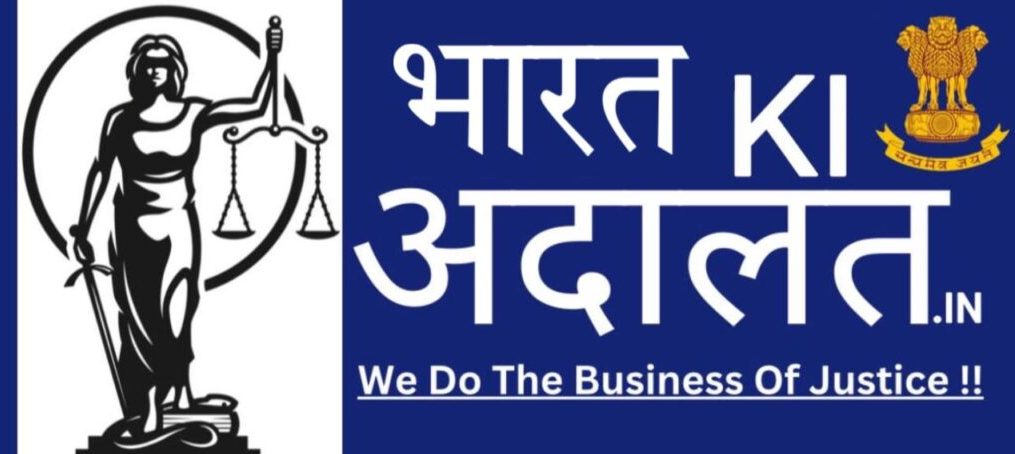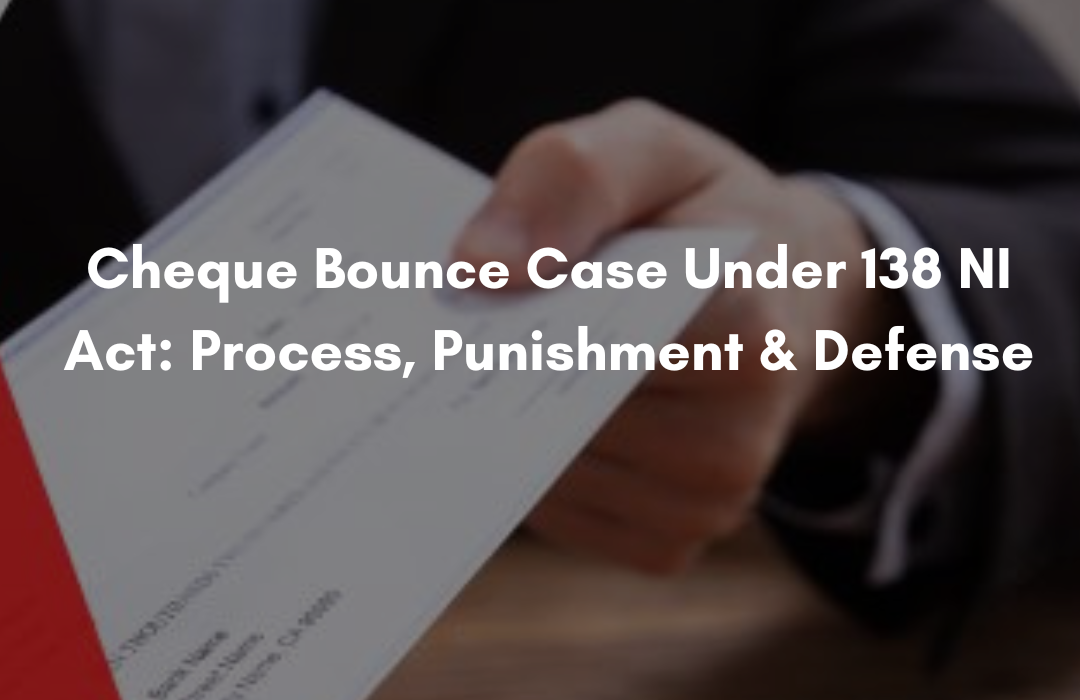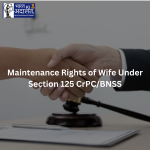Cheque Bounce Case Under 138 NI Act: Process In India
When someone writes a cheque without having enough money in their account, it can lead to major legal troubles. Cheque Bounce Case Under 138 NI Act. It gives the payee the authority to accuse the drawer of a crime. This law guards against cheque fraud and safeguards corporate transactions.
What Is Section 138 of the NI Act?
Section 138 punishes anyone who issues a cheque that the bank dishonours due to insufficient funds or a closed account. The law holds the issuer liable if they fail to pay the cheque amount within a specific time frame. This law applies to individuals, companies, and firms.
Process for Filing a Cheque Bounce Case:
Legal Notice to Drawer:
The payee must send a written notice within 30 days from the date of cheque return. The notice should demand payment within 15 days.
Cheque Presentation:
The payee must deposit the cheque within three months from the date mentioned on it.
Dishonour by Bank:
If the bank returns the cheque unpaid due to insufficient funds or any other valid reason, the process begins.
Punishment for Cheque Bounce
If the court finds the drawer guilty, they can face:
- A fine of up to twice the cheque amount.
- Imprisonment for up to two years.
- Both imprisonment and fine.
Possible Defenses in Cheque Bounce Cases
A drawer can defend themselves with strong reasons. Common defenses include:
- The cheque was issued as a gift or without liability.
- The payee filled the cheque without consent.
- The complainant filed the case after the limitation period.
- The drawer already paid the cheque amount in cash.
- The cheque was stolen or misused.
Tips to Avoid Cheque Bounce Issues
- Always check your account balance before issuing cheques.
- Keep records of all issued cheques and related transactions.
- Use online payment methods for high-value transactions.
- Respond promptly to legal notices to avoid court cases.
Conclusion
Section 138 of the NI Act ensures fair practices in financial dealings. Cheque bounce cases can harm your credibility and invite serious penalties. Both parties must act responsibly. If you face such a situation, consult a legal expert immediately. Timely action can save time, money, and reputation.




